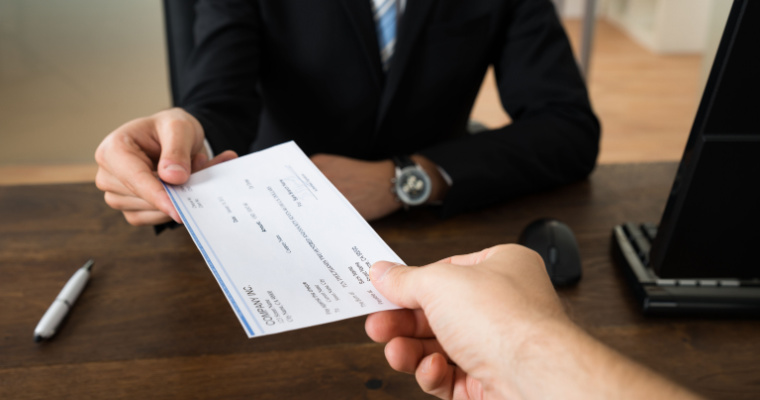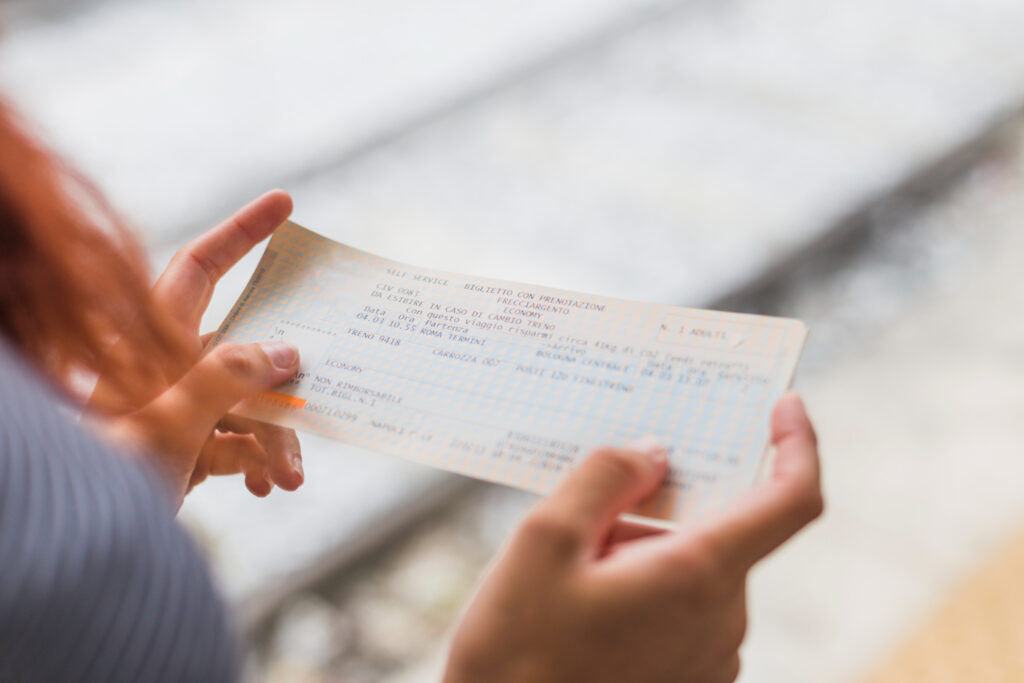In the realm of financial transactions, cashier’s checks play a crucial role, providing a secure and reliable method for transferring large sums of money. Whether you’re making a down payment on a home, closing a deal on a vehicle, or needing a guaranteed form of payment, understanding what a cashier’s check is and how to obtain one is essential. Let’s delve into the intricacies of this financial instrument.

1. Understanding Cashier’s Checks
1.1 Definition and Characteristics
A cashier’s check, often referred to as an official check, bank check, or treasurer’s check, is a type of check issued by a bank on behalf of a customer. What sets it apart from a regular personal check is the guarantee it carries. When you obtain a cashier’s check, the bank withdraws the funds from your account and holds them in its own account. The check is then issued against this account, ensuring that the payment is backed by the bank’s funds.
1.2 Security Features
One of the primary reasons individuals and businesses opt for cashier’s checks is the enhanced security they offer. Unlike personal checks, cashier’s checks are less susceptible to fraud because they are drawn on the bank’s account, reducing the risk of insufficient funds. Additionally, many banks incorporate various security features into these checks, such as watermarks, microprinting, and other anti-counterfeiting measures.
2. When to Use a Cashier’s Check
2.1 Real Estate Transactions
Cashier’s checks are commonly used in real estate transactions. When purchasing a home, for instance, a seller may request a cashier’s check for the down payment and closing costs. This provides the seller with a guaranteed form of payment, mitigating the risk associated with personal checks or wire transfers.
2.2 Large Purchases
Whether you’re buying a high-value item from an individual or a business, a cashier’s check is a secure way to make the payment. This is particularly true when dealing with transactions where cash is not a feasible option, such as buying a car from a private seller.
2.3 International Transactions
Cashier’s checks are also useful for international transactions. They are often accepted in situations where personal checks drawn on foreign banks may face challenges. The reliability and guaranteed nature of a cashier’s check make it a preferred choice for cross-border transactions.
3. How to Obtain a Cashier’s Check
3.1 Visit Your Bank
The most straightforward way to obtain a cashier’s check is to visit your bank. Whether you have a checking or savings account, most banks offer this service to their account holders. Simply go to the bank, request a cashier’s check, and provide the necessary details such as the payee’s name and the amount.
3.2 Have Sufficient Funds
To issue a cashier’s check, you must have sufficient funds in your account to cover the check amount. The bank will typically freeze the equivalent sum in your account until the check is cashed or deposited, ensuring the funds are reserved for the designated payment.
3.3 Pay the Fee
While obtaining a cashier’s check is a relatively straightforward process, it’s important to be aware that banks usually charge a fee for this service. The fee amount varies from one bank to another, so it’s advisable to inquire about the cost beforehand to avoid any surprises.
3.4 Provide Payee Information
When requesting a cashier’s check, you’ll need to provide the name of the payee (the person or entity receiving the payment) and the exact amount of the check. Ensure that the information is accurate, as errors may result in complications during the transaction.
3.5 Additional Options
If visiting your bank in person is inconvenient, some financial institutions offer the option to request a cashier’s check online or over the phone. However, keep in mind that the process and requirements may vary, so it’s essential to check with your specific bank for their guidelines on remote requests.
Conclusion
In the realm of financial transactions, cashier’s checks serve as a secure and reliable means of transferring funds. Whether you’re engaged in a real estate deal, making a significant purchase, or involved in an international transaction, understanding how to obtain a cashier’s check is crucial. By following the steps outlined above and being aware of when to use a cashier’s check, you can navigate financial transactions with confidence, knowing that you have a secure and guaranteed form of payment at your disposal.


